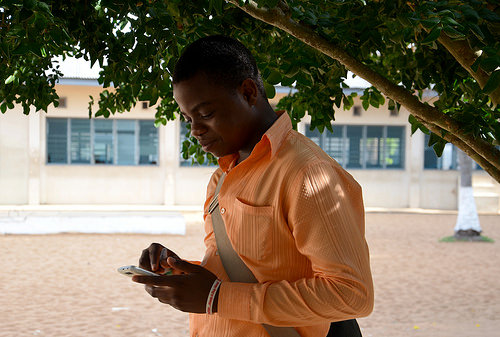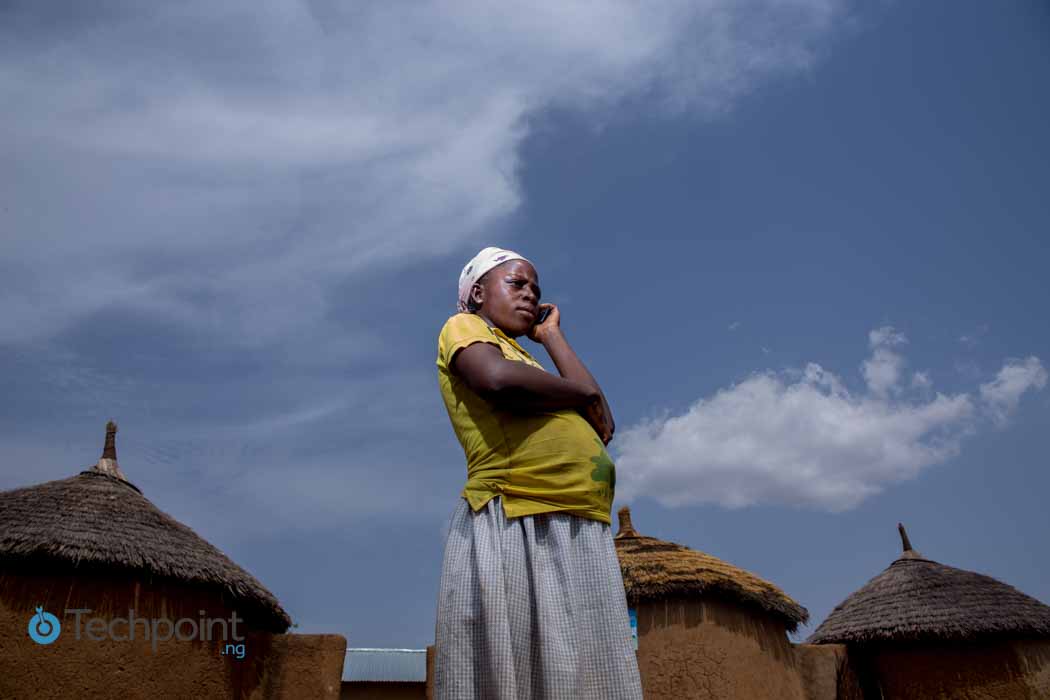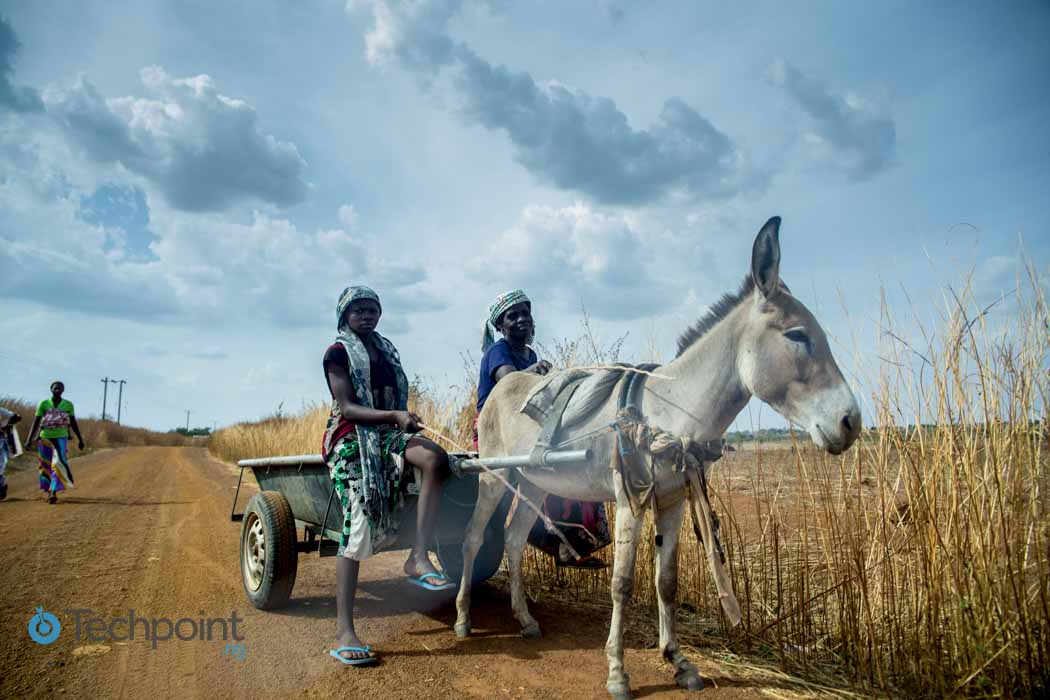Using Nigeria as a case study, the doctor-patient ratio is very abysmal; about 0.8 per 1000 patients, according to the WHO. This can be attributed to the large population (over 170 million people); the low number of medical doctors produced annually; a limited number of health care facilities which cannot absorb these new medical doctors and the mass exodus of doctors to other continents in search of greener pasture.
This poor doctor-patient ratio contributed to what is known in public health as delay in seeking healthcare by the majority of the population in many African countries. There are three levels of delay in seeking health care. The first level of delay, known as primary delay, is due to the out-of-pocket payment nature of healthcare financing in many African countries.
Since out-of-pocket payment is expensive for many people because of their low income and how impromptu health issues could be, they tend to deal with their health problems by themselves — staying at home and trying out all sorts of self-medication and unwholesome recommendations of quacks and herbal medicine practitioners.
For many people who are willing to pay out-of-pocket to access healthcare, the drawback turns out to be the location of health facilities relative to where they live. This factor forms the second level of delay in seeking healthcare called secondary delay. Due to non-availability of health facilities in their communities, people have to travel hundreds of miles, spending part of their health bill on transportation, in order to get to a hospital or clinic in faraway cities.
At the end of the day, they become discouraged and resort to whatever means of solving their health problems in their immediate environment.
Now, there are people who are both willing to foot their health bills and travel hundreds of miles to get to a hospital but end up being disappointed because of the poor state of the health facility, the inadequate number of health personnel and even the attitude of the health staff. Subsequently, these people don’t seek health care from health facilities, opting for any other means through which they feel their health issues can be resolved, and this forms the last level of delay in seeking health care, known as tertiary delay.
The consequence of these levels of delay in seeking health care are evident in the continuing high incidence and prevalence rates of many diseases and high death rates among the different segments of the population of many African countries.
However, this sorry story of healthcare in Africa can be rewritten with technology, especially with the mobile phone which has found its way into the hands of many Africans. Many opportunities abound in each of the highlighted levels of delay in seeking health care for value-adding innovations.
Primary level of delay
For people who cannot afford out-of-pocket payment due to cost, devising innovative ways to replicate traditional resource pooling practices on the mobile platform and channelling some of those resources towards a secure, guaranteed insurance payment at primary and secondary health institutions will encourage more people to access standard, life-saving health care. In the long run, more people will join such platforms, leading to an improvement in the quality of life as regards health.
Secondary level of delay
Some people are willing to pay out-of-pocket but still, cannot access health care due to distance. For the majority of this group of people, they may not need to visit the hospital every time they have a health concern.
Innovative opportunities in this area include building online medical consultation platforms. These platforms can take the form of dedicated text-based models such as SMS and mobile chat applications; audio-based models like call-a-doctor service; and video-based platforms such as video consultation service. These innovations would leverage the prevalent mobile phone — feature or smartphones — according to the geographic location and demographics of the target users. In addition, hardware innovations like customised mobile clinics equipped with smartphone-based ophthalmoscopes (eye scanners), smartphone camera-based skin analysers for skin diseases and solar-powered portable ultrasound scan and ECG machines, will bring healthcare to these people whose location delay access to static health facilities.
Tertiary level of delay
Poor health infrastructure, inadequate number of health personnel and discourteous staff are problems begging for innovations powered by technology. As more medical doctors set up clinics and hospitals, there is a need for innovative companies to spring up to serve them in the area of patient satisfaction-focused health staff training and recruitment; infrastructure servicing and maintenance; medical/health records digitisation; and aggregation of these health facilities into a searchable online directory based on medical specialties, available and functioning facilities, types of services rendered and staff strength. All of this will improve the quality of health care and encourage more people to come to the hospital whenever they have any health condition.
Importantly, efforts must be channelled towards creating an ecosystem for digital health products and services in Africa. This will foster a culture of players in this ecosystem building APIs for their products and services for seamless integration with other digital health products and services.

For instance, a mobile application offering online medical consult to users should be able to integrate with any electronic medical records (EMR) platforms such that users who consult a doctor via this mobile app, before visiting the hospital, can have their online consult easily migrated to that hospital’s EMR system where it becomes part of the users’ medical records.
Moreover, digital health companies, like every other company using technology to do business in innovative ways, need support — human and financial capital. This can be achieved if there are business incubators and accelerators solely and patiently dedicated to nurturing them; and venture capital firms and angel investors — with solid professional and industry experience in medicine, and health care delivery and leadership — ready to fund them at various stages of growth for long-term profitability.
. . . .
About the author: Okechukwu Amako is a medical doctor, and he is passionate about leveraging technology to improve health care delivery in Africa. He is currently working at Kangpe Healthcare Services, a digital health company whose mobile app allows users to consult certified, licensed medical doctors. You can reach him via okechukwu@kangpe.com







